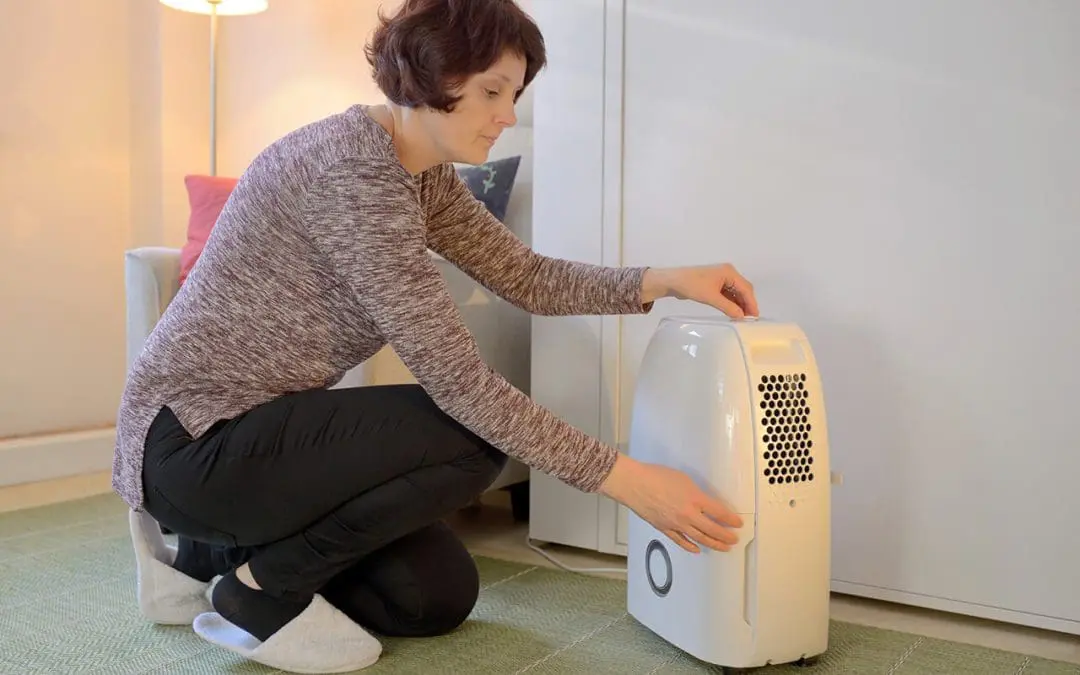Homes with excess moisture can cause discomfort and lead to health problems. Too much moisture indoors contributes to an environment that’s conducive to mold and mildew growth. If your home is too humid, take a look at these ways to reduce humidity in your home.
1. Take Care of Your HVAC to Reduce Humidity in Your Home
If your heating and cooling system is operating properly, it will effectively circulate the air and help control humidity within your home. Have your HVAC system serviced on a bi-annual basis to make sure everything is in good shape. The filters should be cleaned or changed regularly for maximum efficiency.
2. Use a Dehumidifier
Dehumidifiers decrease moisture in the environment. Purchase smaller, room-sized dehumidifiers for use in a single room or have a whole-house dehumidifier installed to reduce humidity throughout your entire home. Either option will effectively and consistently remove moisture from your air.
3. Exhaust Fans Reduce Humidity in Your Home
Exhaust fans do a great job of pulling moisture outside. A combination of exhaust fans and ceiling fans will work more efficiently and is one of the best ways to reduce humidity in your home. Always turn on exhaust fans when cooking in the kitchen or bathing.
4. Bathroom Humidity
The steam from a shower or bath adds moisture to the air. Ventilation is always useful in bathrooms, but your hot water usage is equally important. Take shorter showers and fewer hot baths to reduce humidity in your home. Make the water a little cooler, turn on the ventilation fan, and open a window to help release the warm, damp air outdoors.
5. Boiling Water
When you boil water without a lid on the pan, you are releasing moisture into the air. Most cooking activities increase humidity. When boiling water or cooking a meal, keep a lid on the pan and always use the kitchen exhaust fan.
6. Inspect Your Crawl Space
If your home has a crawl space, have it inspected to confirm the protective lining is in place. Make sure that there isn’t any stagnant water or other moisture issues. Damp, humid air can easily seep up through your flooring if your crawl space is wet or damp.
7. Check Your Dryer Vent
A clothes dryer produces warm, damp air as it dries your clothes. Check to make sure the vent is secure on the back of the dryer and on the wall and look for rips or tears in the vent hose. Avoid using your dryer on high-humidity days. To reduce humidity in your home, hang clothes on a line in the yard to dry.
Reasons to Reduce Humidity in Your Home
High levels of humidity can cause damage to your property over time. Walls, floors, carpeting, and other surfaces can be affected by having too much moisture in the air. Humidity affects your indoor air quality because mold and mildew are more likely to grow. Damp wood also attracts termites and other wood-destroying insects.
Take the steps above to reduce humidity in your home and avoid property damage and mold-related health issues.
Aztec Home Services offers home inspection services in Harrisonburg, VA, and surrounding areas. Contact us to request an appointment.

